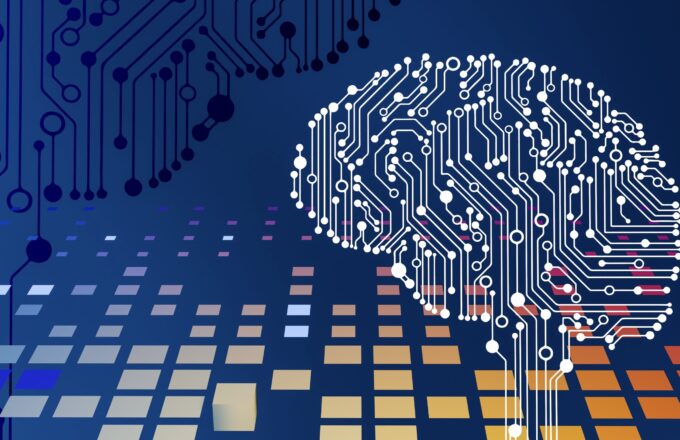Like so many things, how Artificial Intelligence (AI) will transform the lives and work of educators begins with Oswald the Lucky Rabbit.
It was 1928, and Ub Iwerks was in trouble. He and his partner, Walter E. Disney, had just lost the rights to their animated gold mine, Oswald the Lucky Rabbit. Following Oswald’s premier in the 1927 animated short “Trolley Troubles,” audiences could not get enough of the affable hare. However, a surprise coup by the team’s animators transferred ownership of Oswald to Universal Studios overnight. Iwerks and Disney were left with nothing.
Broke, panicked, and fueled by desperation, Mickey Mouse was born. Although many believe Disney created the iconic image of Mickey, it was Ub Iwerks who first created the world’s most recognizable trio of overlapping circles. It was Disney’s insistence, however, that Mickey have a personality and be a relatable character that changed animation. Walt Disney did not disrupt the entertainment industry by what he created, but by what he did with someone else’s creation.
In 1957, a year before Truman Capote published Breakfast at Tiffany’s and a full decade before In Cold Blood, Capote’s publisher, the J.B. Lippincott Company, purchased a manuscript from his childhood best friend. The work of a promising writer, the manuscript read like a series of loosely connected anecdotes. Recognizing the author’s talent and potential, the editor encouraged her to abandon the story’s original scope and focus on the childhood flashbacks of an intriguing character named Scout. Only after this feedback and guidance – which likely included the recommendation to drop the patriarch’s segregationist stances – did Harper Lee publish To Kill a Mockingbird.
The future of AI and education ends before it begins in 2007, at the Moscone West, a convention center in San Francisco, California. In his iconic jeans, black turtleneck, and circular spectacles, Steve Jobs introduced a device that was simultaneously a “widescreen iPod with touch controls” and “a revolutionary mobile phone” aaaaaand a “breakthrough Internet communicator.” The genius of the iPhone was not in new technologies but in the novel combination of existing ones. Steve Jobs changed the world with an invention he did not invent.
Original, unassisted, individual, and innate accomplishment is a myth perpetuated around the campfires of education. Class rankings, timed assessments, ACT / SATs, and honor societies are all structures, incentives, and cultures of an educational system aligned with ‘The Great Man’ theory – a (mis)understanding of history that attributes significant change and progress to the intellect, influence, effort, and singular accomplishments of a few great men.
In a world where AI is undetectable and ubiquitous, an educational framework that emphasizes the product over the process, isolated performance over collaboration, recall and speed over resourcefulness and creativity will not last. If AI does not transform schools, it will deem them irrelevant.

